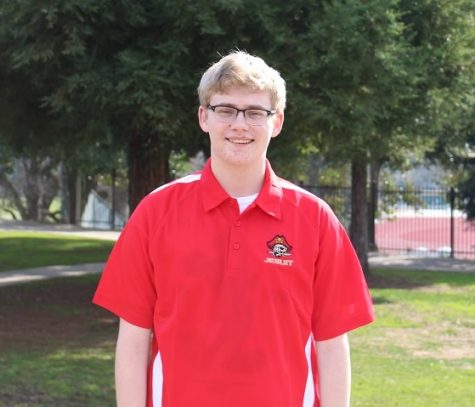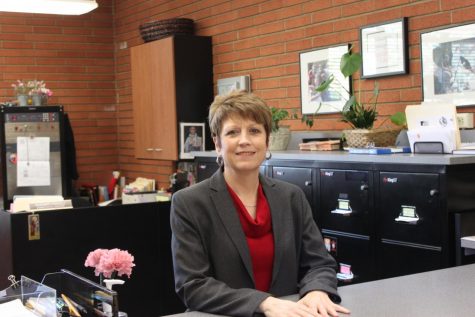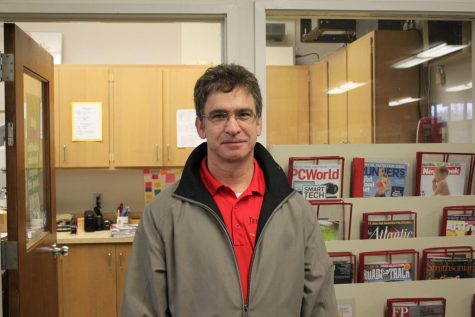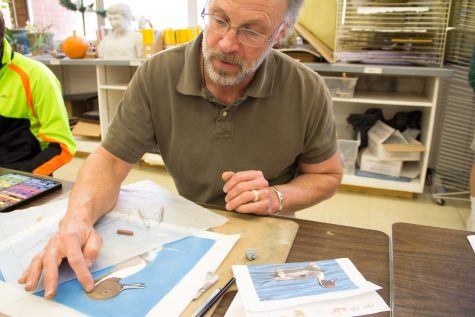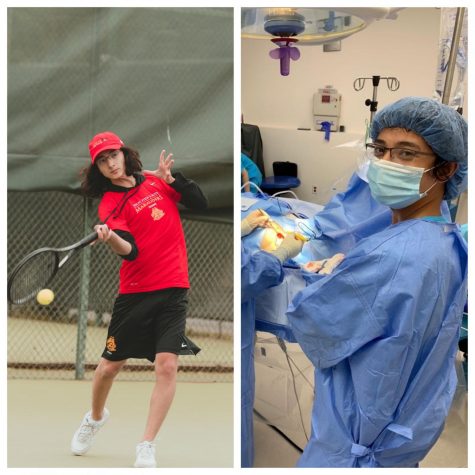Discourse, discussion, and progress
Each spring, students at Jesuit High School attend the Social Justice Summit organized by Ms. Gina Anderson of Jesuit’s Christian Service Department. Topics covered at past summits have included the environment, mental health, domestic & international poverty, and the death penalty.
Discussion of important issues can be a delicate thing; naturally, tempers tend to flare when individual perspectives and worldviews are pitted directly against one another. This truth is especially evident at both Jesuit and the world at large as we find ourselves in the midst of a particularly volatile, polarized election.
Jesuit’s “Profile of a Graduate at Graduation” promises to form young men who are open to growth, intellectually competent, religious, loving, and committed to doing justice. These values, while they sound rather impressive on paper, are rather meaningless if they are not cultivated in the reality of the student’s circumstances.
Ms. Anderson, through her experience at the social justice summits, witnessed fragile conversation surrounding important issues and was inspired to begin an initiative to aid students, faculty, and staff in actively practicing greater tolerance, openness, and respectfulness during discussion of important issues at Jesuit.
“Before we can even delve into talking about strained social issues, we need to have a discussion about the way we talk, about the way we use our words for good or for ill,” Ms. Anderson said. “This is yet another profound way of being a ‘Man or Woman for Others.’”
Ms. Anderson is working with the administration to have an in-service on Thursday, Nov. 10 to help train faculty and staff on this initiative.
Her hope is that, after the initiative begins with the faculty, that it flows onto the rest of campus through the classroom. She has firm faith in the ability of proper dialogue skills to lead to calm discussion, promote greater understanding, and form bonds of mutual respect.
“I’m confident [the students] know each other as brothers here at Jesuit, but what would it be like to listen to someone who may have a viewpoint vastly different from your own without making snap judgments or seeing them as a perceived ‘enemy’? When it is time to speak our truth, can we do so with love?” Ms. Anderson said.
On an individual level, speaking with love means trusting the opinions of another are based in a valid perspective. It means attempting to isolate virulent reactions from policy debate.
It also means looking someone else in the eye, accepting them as a brother or sister, and attempting to bridge ideas and perspectives rather than drive them apart.
As Ms. Anderson’s initiative takes off this fall semester, she hopes for the entire Jesuit community to be open to this new opportunity that will enable love for not only ideological opponents, but love for those people whose lives and well-being depend on civil discourse to resolve real world problems and restore dignity to those most in need.


